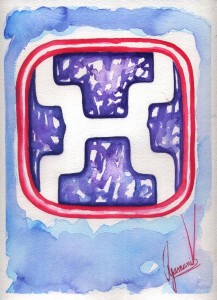 We have great power, the question is are we using it?
We have great power, the question is are we using it?
We are moving through a trecena that, with each day that arises, reminds us of the great power and wisdom we possess. Today its energy converges with Tijax to make us aware that each of us has the capacity to heal. This power and this knowledge live in our heart and in our being, we are women and men of medicine. The energy of Job’ speaks to us about the importance of taking action and invites us to move from words and thoughts into action. Are we having the courage to release our limitations and live from our magic, to walk our true path? Do we stop being victims of our own lives and take responsibility? Do we stop focusing on what others think of us or judging what they do? Do we step out of our own narrative to live our words?
Let us use these days to become aware of our gifts and our magic, and as my father, Carlos Barrios, used to say, let us not forget that the spirituality of these times (and the healing of our being) has a word, and that word is action.
——-
Do you want to receive the energies of the calendar in the same way the Maya do, through traditional Fire Ceremonies in the emblematic cities of Tikal and Yaxhá?
From Aug 5 to 11, we are offering an Immersion Retreat in Traditional Maya Wisdom, set in the sacred and energetic territories of Petén, Guatemala. This retreat will be guided by Authentic Time Keepers and wise Q’eqchi” Elders, during the powerful portal of the Zenith Sun.
Get a USD100 Early Bird Discount if you register by February 26th. ONLY 5 SPOTS LEFT.
For more information and to reserve your space, write to denise@mayaukux.com
Tenemos un gran poder, la pregunta es ¿lo estamos usando?
Estamos transitando una trecena que con cada día que surge nos recuerda el gran poder y sabiduría que poseemos. Hoy su energía converge con Tijax para hacernos conscientes de que cada uno de nosotros tiene la capacidad de sanar, este poder y este conocimiento viven en nuestro corazón y en nuestro ser, somos mujeres y hombres medicina. La energía de Job’ nos habla la importancia de tomar acción y nos invita a pasar de las palabras y pensamientos a la acción. ¿Estamos teniendo el valor de soltar nuestras limitaciones y vivir desde nuestra magia, de caminar nuestro verdadero camino? ¿Dejamos de ser víctimas de nuestra vida y nos hacemos cargo? ¿Dejamos de mirar lo que otros piensan de nosotros o de juzgar lo que ellos hacen? ¿Salimos de nuestro discurso para vivir nuestras palabras?
Usemos estos días para hacernos conscientes de nuestros dones y nuestra magia, y como decía mi papá, Carlos Barrios, no olvidemos que la espiritualidad de estos tiempos (y la sanación de nuestro ser) tiene una palabra y esa es acción.
——-
¿Quieres recibir las energías del calendario de la misma forma que lo hacen los mayas, a través de Ceremonias de Fuego tradicionales en las emblemáticas ciudades de Tikal y Yaxhá?
Del 5 al 11 de agosto, ofrecemos un Retiro de Inmersión en la Sabiduría Tradicional Maya, ambientado en los territorios sagrados y energéticos de Guatemala. Este retiro será guiado por Auténticos Guardianes del Tiempo y sabios Abuelos Q’eqchi’,’ durante el poderoso portal del Sol Cenital.
Tenemos un descuento Early Bird de USD100 si te registras antes del 26 de febrero. SOLO QUEDAN 5 ESPACIOS.
Para más información y para reservar tu espacio, escríbenos a denise@mayaukux.com

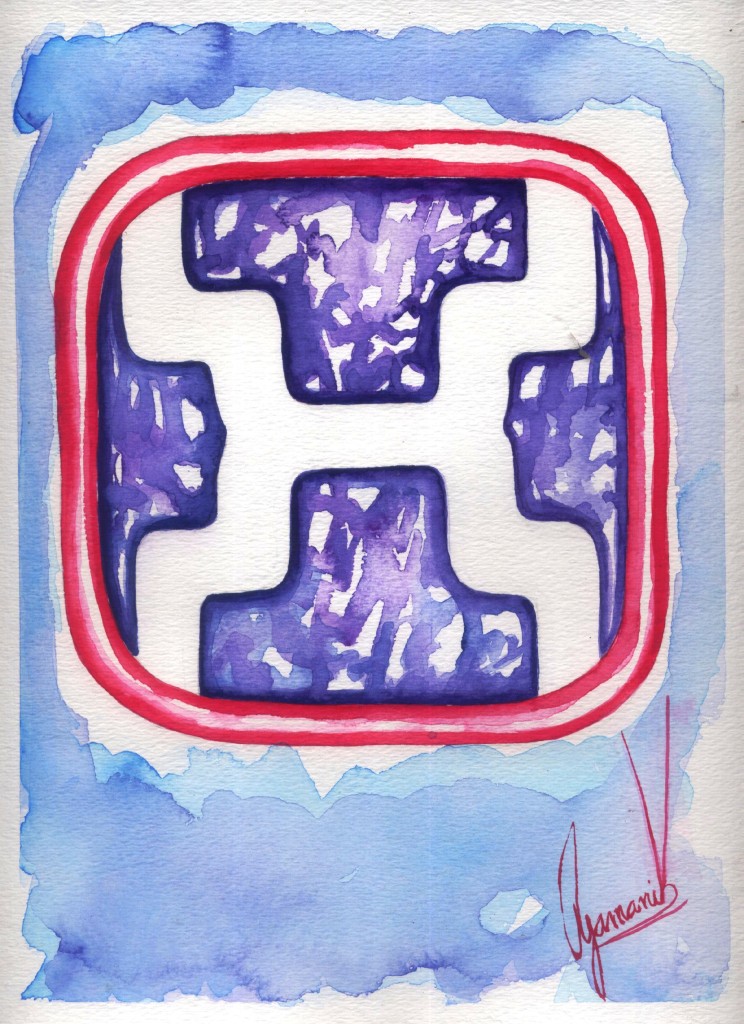
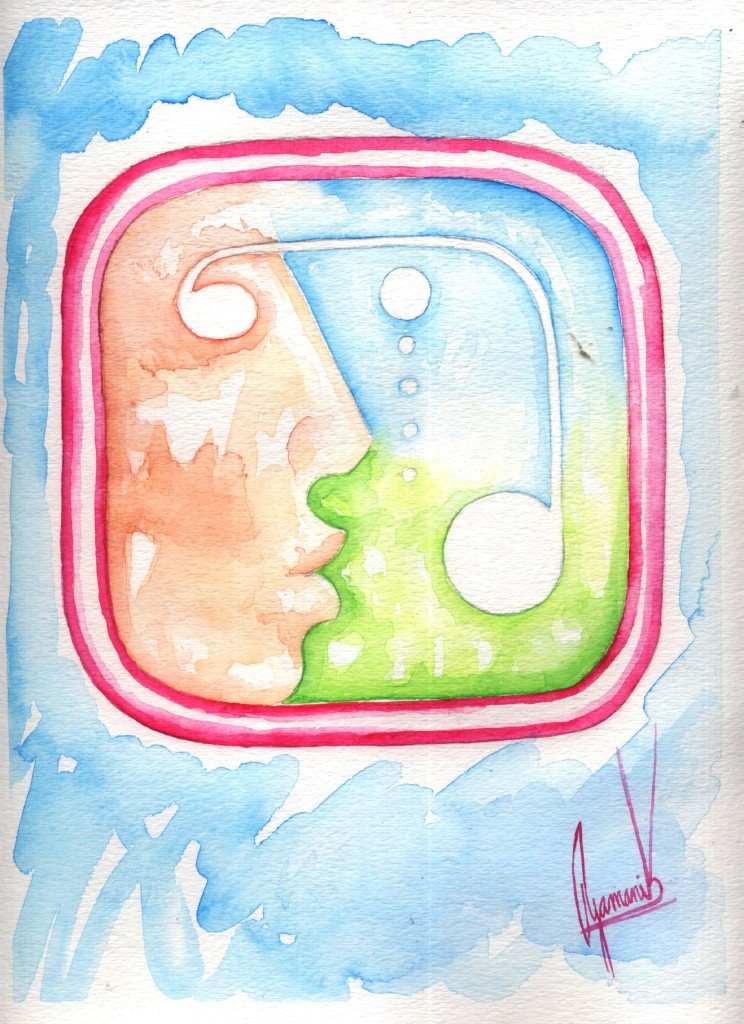
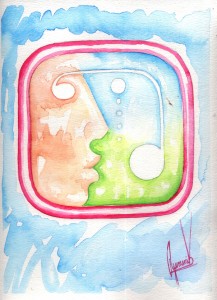 Let us not forget that the way we choose to look at life creates the reality we live.
Let us not forget that the way we choose to look at life creates the reality we live.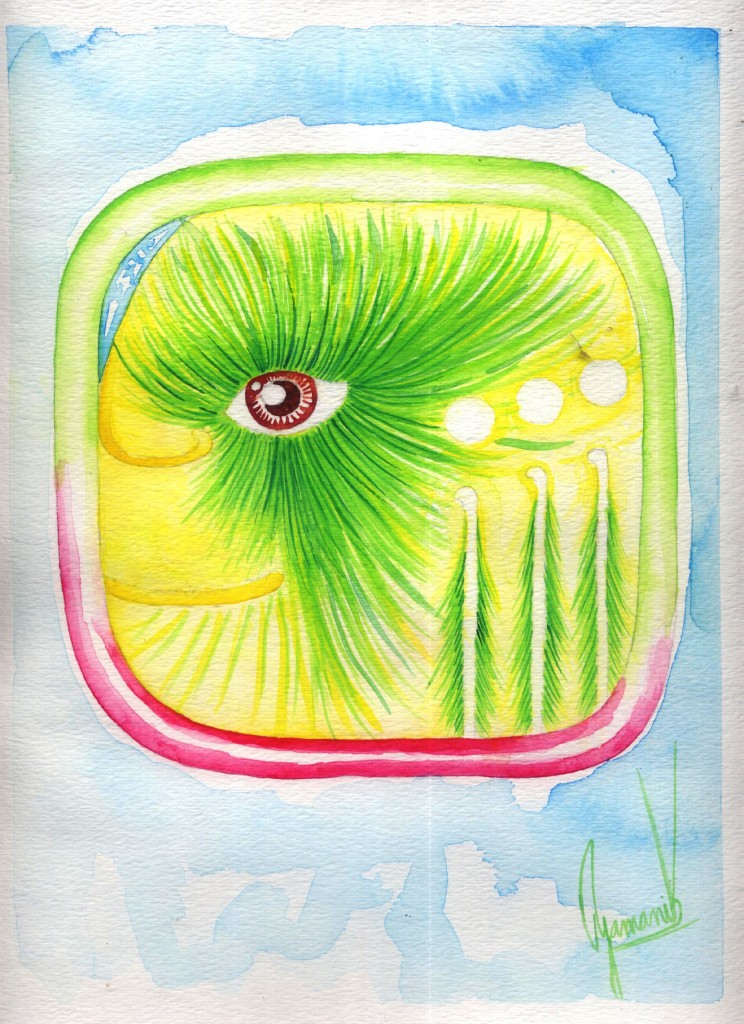
 Everything contains magic, it only depends on how we look at it.
Everything contains magic, it only depends on how we look at it.


 You will receive Authentic Mayan Wisdom from some of the most recognized Traditional Spiritual Maya Guides
You will receive Authentic Mayan Wisdom from some of the most recognized Traditional Spiritual Maya Guides 

 More info via email:
More info via email:  Early bird discount of USD100 until February 26th
Early bird discount of USD100 until February 26th BOOK NOW! Don’t miss out on this unique experience!!!
BOOK NOW! Don’t miss out on this unique experience!!!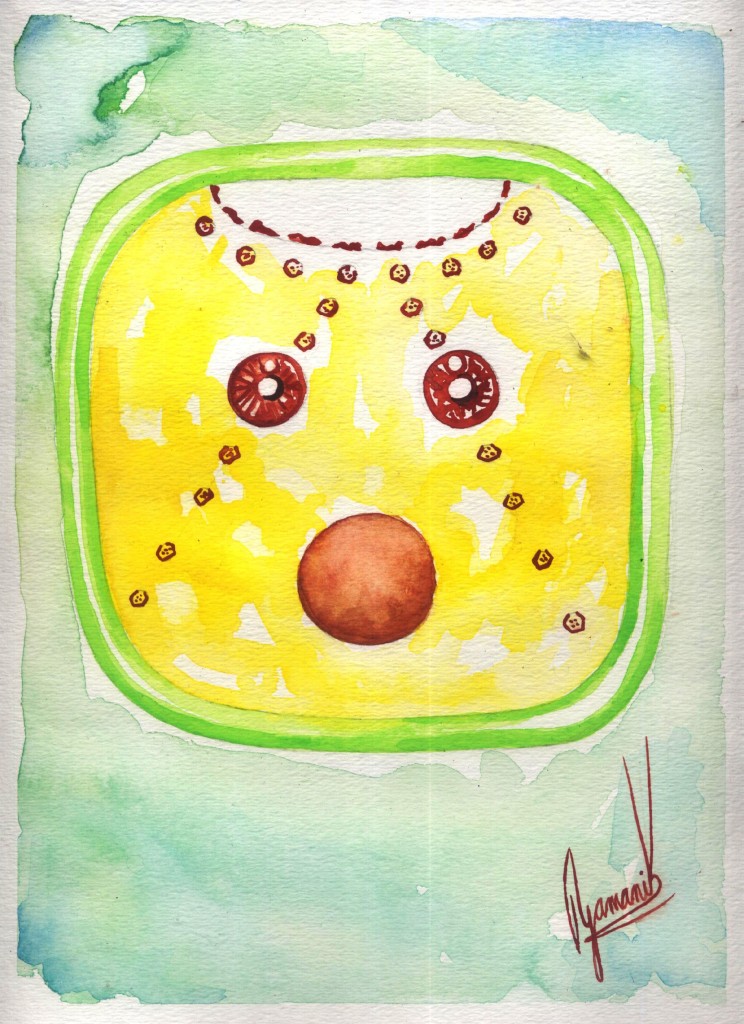
 Today a new cycle of thirteen days begins, guided by the wisdom of I’x, the Ch’umil that opens the space to high magic, creativity, and feminine energy.
Today a new cycle of thirteen days begins, guided by the wisdom of I’x, the Ch’umil that opens the space to high magic, creativity, and feminine energy.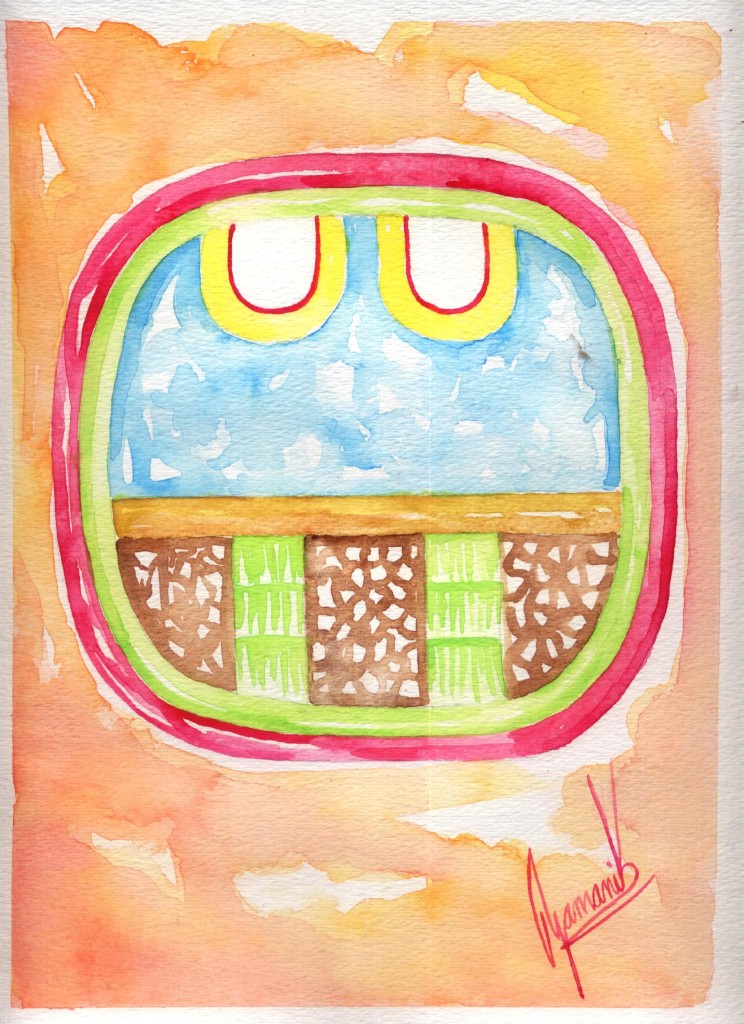
 Transformation does not arise from hardening ourselves, but from allowing ourselves to feel, even when life puts us to the test.
Transformation does not arise from hardening ourselves, but from allowing ourselves to feel, even when life puts us to the test.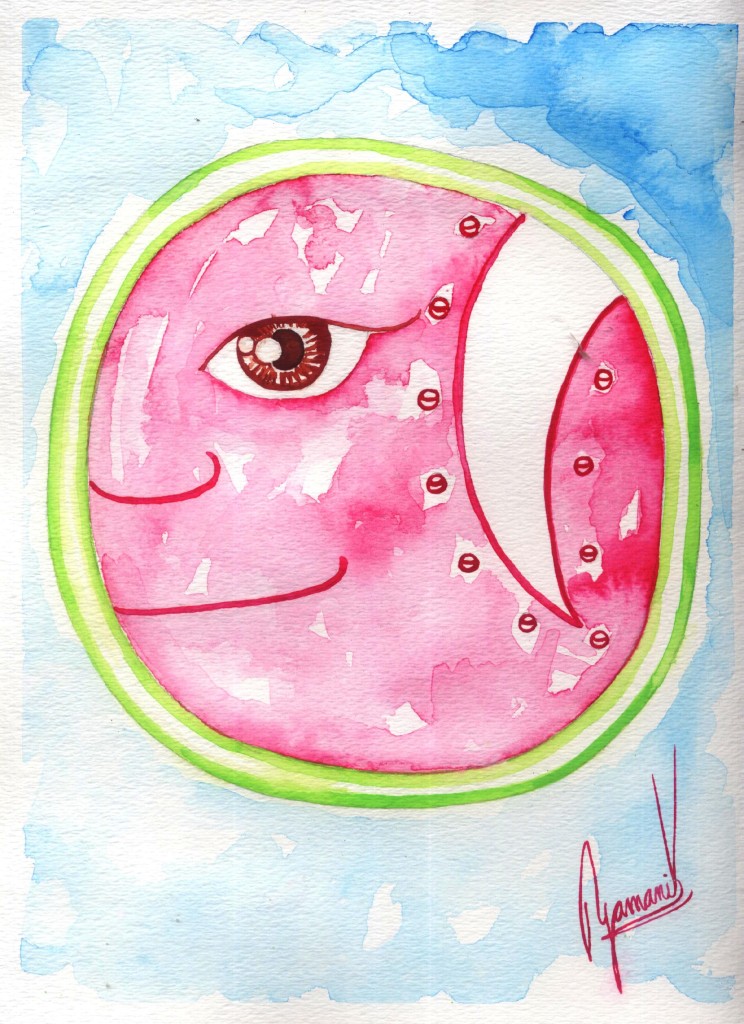
 What if we do not need to wait until we have full clarity in order to begin, but simply need to take that first step?
What if we do not need to wait until we have full clarity in order to begin, but simply need to take that first step?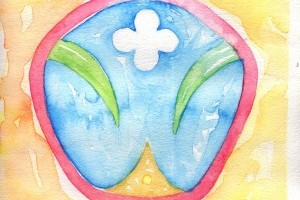
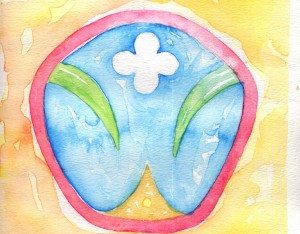 Allowing ourselves to feel is more healing than trying to always be well.
Allowing ourselves to feel is more healing than trying to always be well.
 There is nothing more powerful or more spiritual than being ourselves.
There is nothing more powerful or more spiritual than being ourselves.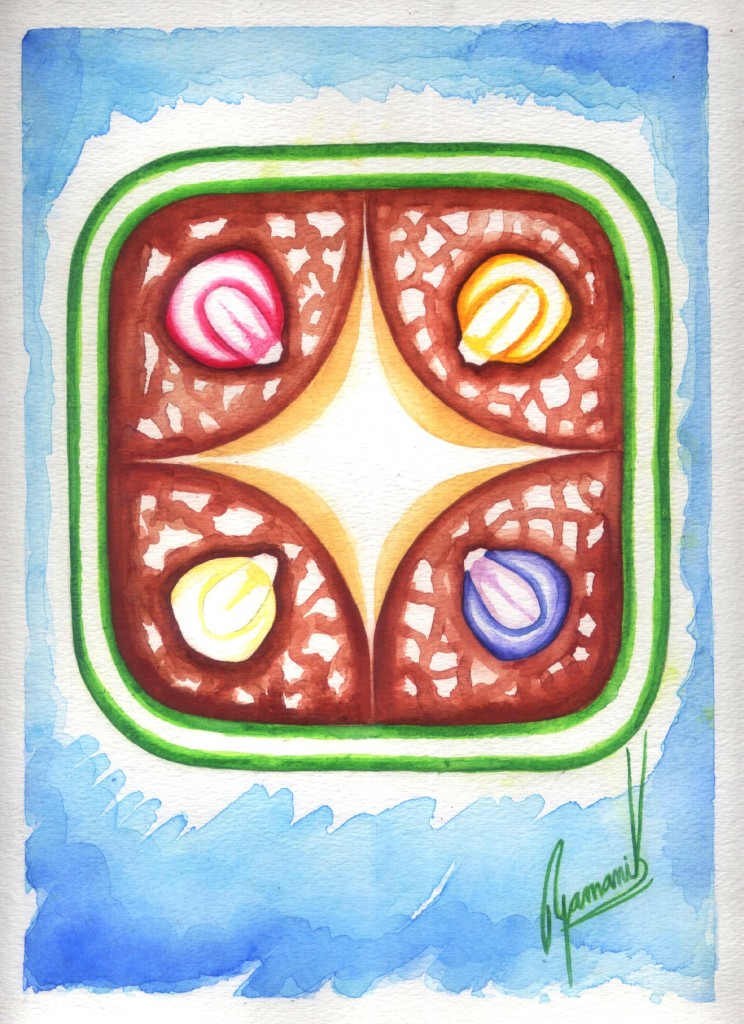
 The universe does its part, are we doing ours?
The universe does its part, are we doing ours?
 May we not become so focused on surviving that we forget to feel and disconnect from the strength and wisdom that surrounds us.
May we not become so focused on surviving that we forget to feel and disconnect from the strength and wisdom that surrounds us.